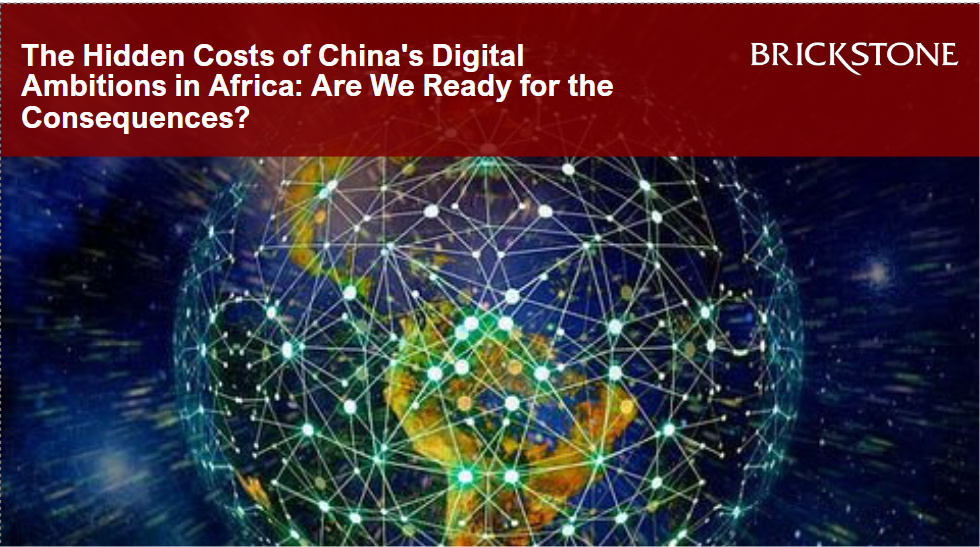The Hidden Costs of China’s Digital Ambitions in Africa: Are We Ready for the Consequences?
The Hidden Costs of China’s Digital Ambitions in Africa: Are We Ready for the Consequences?
Africa is on the brink of a digital revolution, and partnerships with international technology giants such as China, unlock enormous potential for the digital development of the continent. But this growing dependency brings along critical sovereignty, data privacy, and economic autonomy issues. As much as this is a bliss to most African nations, an analysis of the long-term and hidden costs must be performed.
China has come to be a leading player in the digital landscape in Africa, with significant control and prowess from telecommunications infrastructure up to digital payment systems. This involvement can very much boost connectivity and at least bridge the digital divide that for so long retarded African development. However, with such increased access to digital technology, there may come new dependencies that could prove damaging to the growth of Africa.
One of the key concerns is data sovereignty. Running digital infrastructure, more likely than not, Chinese firms would retain access to crucial data. It raises issues regarding the control and usage of such data. For countries whose data protection laws are relatively weak or still in their infancy, there is a chance that such data will be misused. This has the possibility of making the African country lose control of very sensitive information in a manner that puts national security and citizen privacy in jeopardy.
In addition, the model of digital development that China has propagated in Africa appears to bring state control also onto the internet and into the digital spaces. Such a model is clearly at variance with the democratic aspirations of many African countries that value open access to information and freedom of expression. Therefore, if Africa adopts a model of digital governance informed by China’s restrictive policies, it could have long-term negative effects on civil liberties and democratic institutions on the entire continent.
This is also a financial-denominated risk, the scenario of debt traps. Otherwise, African states, which are already over-indebted, would resort to loans for their digital infrastructure development; this only worsens their plight. As much as state-of-the-art technologies are promising, the debts incurred might amount to financial instability, because of the burden of repaying them and strings attached to such loans.
Another economic implication concerns local businesses. Chinese-owned digital infrastructures would mean competition for locals in the start-up and tech world. This reduces innovation and hampers the growth of a local tech environment that is otherwise required for sustainable development. This means that most of the profits generated from Africa’s digital economy go back to China rather than being reinvested on the continent.
No one can afford to miss the promise of digital development, but all efforts must be pursued cautiously. African countries must also ensure that partnerships with China, or for that matter any other foreign power, are going to be mutually beneficial, transparent, and abide by local laws and values. This includes stronger data protection regulations, clearer terms of engagement, and building local capacity.
In so doing, the future of Africa’s digital economy lies at a crossroads. Prudent consideration of cost benefits will enable the continent to pave its way toward digital development without selling off its sovereignty, economic independence, or democratic values. The continent must not exchange one form of dependency for another but rather use this partnership to build a future that is both sustainable and inclusive for all African people.
Takeaways from The Hidden Cost of China’s Digital Ambitions in Africa
China’s digital investments in Africa come with concerns about data sovereignty, economic dependency, and democratic governance.
The risk of a “debt-trap” scenario could financially strain already debt-burdened African nations.
African countries must establish fair, transparent, and mutually beneficial partnerships to protect their long-term interests.
This article by Brickstone reviews the conversation’s publication on The Hidden Costs of China’s Digital Ambitions in Africa.
Read the complete publication here.





